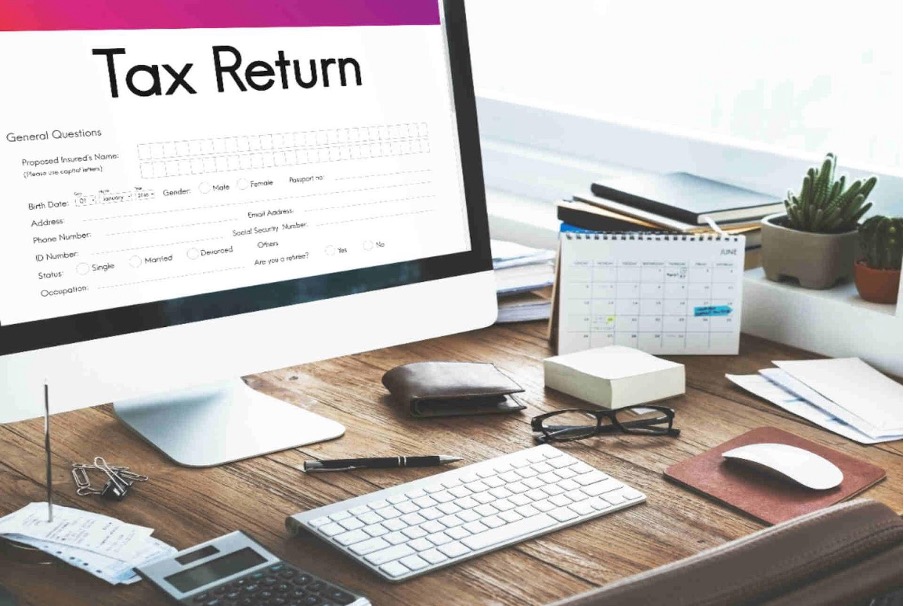Now Reading: SEO for Personal Injury Lawyers: Turning Website Visitors into Paying Clients
-
01
SEO for Personal Injury Lawyers: Turning Website Visitors into Paying Clients

SEO for Personal Injury Lawyers: Turning Website Visitors into Paying Clients
In today’s digital age, a strong online presence is no longer optional for personal injury lawyers—it’s essential. Potential clients turn to search engines when they need legal help after an accident. If your law firm’s website doesn’t appear in those search results, you’re missing out on valuable opportunities. This is where personal injury lawyer SEO comes into play. Effective SEO can help your website rank higher, attract more visitors, and convert those visitors into paying clients. This article will guide you through the key strategies to optimize your website and maximize your online visibility.
Understanding the Client Journey
Before diving into specific SEO tactics, it’s important to understand how potential clients find and choose a personal injury lawyer. Typically, the journey looks something like this:
Experiencing an Injury: An individual suffers an injury in an accident (car accident, slip and fall, etc.).
Searching for Information: They search online for information about their rights, legal options, and potential compensation. They might use search terms like “car accident lawyer near me” or “what to do after a slip and fall”.
Finding Potential Lawyers: They discover various law firm websites through search results, online directories, or referrals.
Evaluating Options: They visit websites, read about lawyers’ experience, and look for signs of credibility and trust.
Making Contact: They decide to contact one or more law firms to schedule a consultation.
Your website needs to be optimized to capture potential clients at each stage of this journey.
On-Page Optimization: The Foundation of Your SEO Strategy
On-page optimization refers to all the elements on your website that you can directly control to improve your search engine rankings. Here are some key areas to focus on:
Keyword Research and Targeting
Keywords are the words and phrases people use when searching for information online. Thorough keyword research is fundamental to any SEO strategy. To attract potential clients, you need to understand what they are searching for. Tools like Google Keyword Planner, Ahrefs, and SEMrush can help you identify relevant keywords with high search volume. Consider the types of cases you handle and the questions your clients ask. Some examples of relevant keywords include “car accident attorney”, “truck accident lawyer”, “slip and fall injury claim”, “wrongful death lawsuit”, and “brain injury lawyer”. Once you have a list of target keywords, incorporate them naturally throughout your website content.
Content Optimization
High-quality, informative content is essential for attracting and engaging website visitors. Create pages that address common questions and concerns related to personal injury law. For example, consider topics like “What to Do After a Car Accident”, “Understanding Negligence in Personal Injury Cases”, and “How to Choose a Personal Injury Lawyer”. Make sure your content is well-written, easy to read, and provides genuine value to your audience.
Title Tags and Meta Descriptions
Title tags and meta descriptions are HTML elements that provide concise summaries of your web pages to search engines and users. These elements appear in search results, so they play a significant role in attracting clicks. Title tags should be clear, concise, and include relevant keywords. Meta descriptions should provide a brief overview of the page’s content and entice users to click through.
Header Tags (H1, H2, H3)
Header tags help structure your content and make it easier for both users and search engines to understand. Use H1 tags for main headings, H2 tags for subheadings, and so on. Incorporate relevant keywords where appropriate.
Off-Page Optimization: Building Authority and Trust
Off-page optimization involves activities outside of your website that can influence your search rankings. A primary factor is building high-quality backlinks.
Backlinks: Earning Votes of Confidence
Backlinks are links from other websites to your website. Search engines consider backlinks as “votes of confidence”, indicating that your website is a credible source of information. Here are some ways to earn backlinks:
Directory Listings: Submit your website to relevant online directories, such as legal directories and your local chamber of commerce.
Guest Blogging: Write informative articles for other websites in related industries (e.g., medical blogs, insurance blogs).
Local Partnerships: Collaborate with other businesses in your community.
Content Marketing: Create valuable content that other websites will want to link to (e.g., infographics, research reports).
Online Reputation Management
Your online reputation can significantly impact your ability to attract clients. Encourage satisfied clients to leave positive reviews on platforms like Google My Business, Yelp, and Avvo. Address any negative reviews promptly and professionally.
Technical SEO: Ensuring a Smooth User Experience
Technical SEO focuses on the behind-the-scenes aspects of your website that affect search engine crawling and indexing.
Website Speed
Website speed is a crucial ranking factor. Users expect websites to load quickly. You can improve your website speed by optimizing images, using a content delivery network (CDN), and choosing a reliable web hosting provider.
Mobile Friendliness
With the majority of searches now happening on mobile devices, it’s essential to have a mobile-friendly website. Ensure your website is responsive, meaning it adapts to different screen sizes.
Site Security (HTTPS)
HTTPS encrypts data transmitted between your website and users, providing a secure browsing experience. Google prioritizes websites with HTTPS, so make sure you have an SSL certificate installed.
Converting Visitors into Clients: The Power of Persuasion
Driving traffic to your website is only half the battle. You also need to persuade those visitors to take action and contact your firm. Calls to action (CTAs) are prompts that encourage users to take a specific action, such as “Schedule a Free Consultation” or “Contact Us Today”. Make your CTAs clear, concise, and visually prominent.
Building trust is essential in the legal field. Include trust signals on your website, such as client testimonials showcasing positive feedback from previous clients. Case studies highlighting successful case results can also build confidence. Provide detailed information about your lawyers’ experience and qualifications in attorney bios. Display any awards or accolades your firm has received to further establish credibility.
A well-designed website can make a positive first impression and encourage visitors to stay longer. Ensure your website is easy to navigate, visually appealing, and has a clear hierarchy of information.
Measuring Your SEO Success
Tracking your SEO progress is essential to understand what’s working and what needs improvement. Use tools like Google Analytics and Google Search Console to monitor key metrics, such as website traffic, which allows you to track the number of visitors to your website and how they found you. Keyword rankings are another important metric. Monitor your website’s position in search results for your target keywords. Finally, pay attention to conversion rates. Measure how many website visitors take desired actions, such as filling out a contact form or calling your office. By analyzing these metrics, you can refine your SEO strategy and achieve better results over time.
Conclusion
Effective personal injury lawyer SEO is a continuous process that requires ongoing effort and attention. A key part of this process is understanding how to get personal injury clients in the first place. By focusing on the strategies outlined in this article, you can improve your website’s visibility, attract more qualified leads, and ultimately turn those visitors into paying clients. Remember to prioritize valuable content, build a strong online reputation, and provide a user-friendly experience. With a strategic approach, you can achieve sustainable growth and success in the competitive field of personal injury law.










